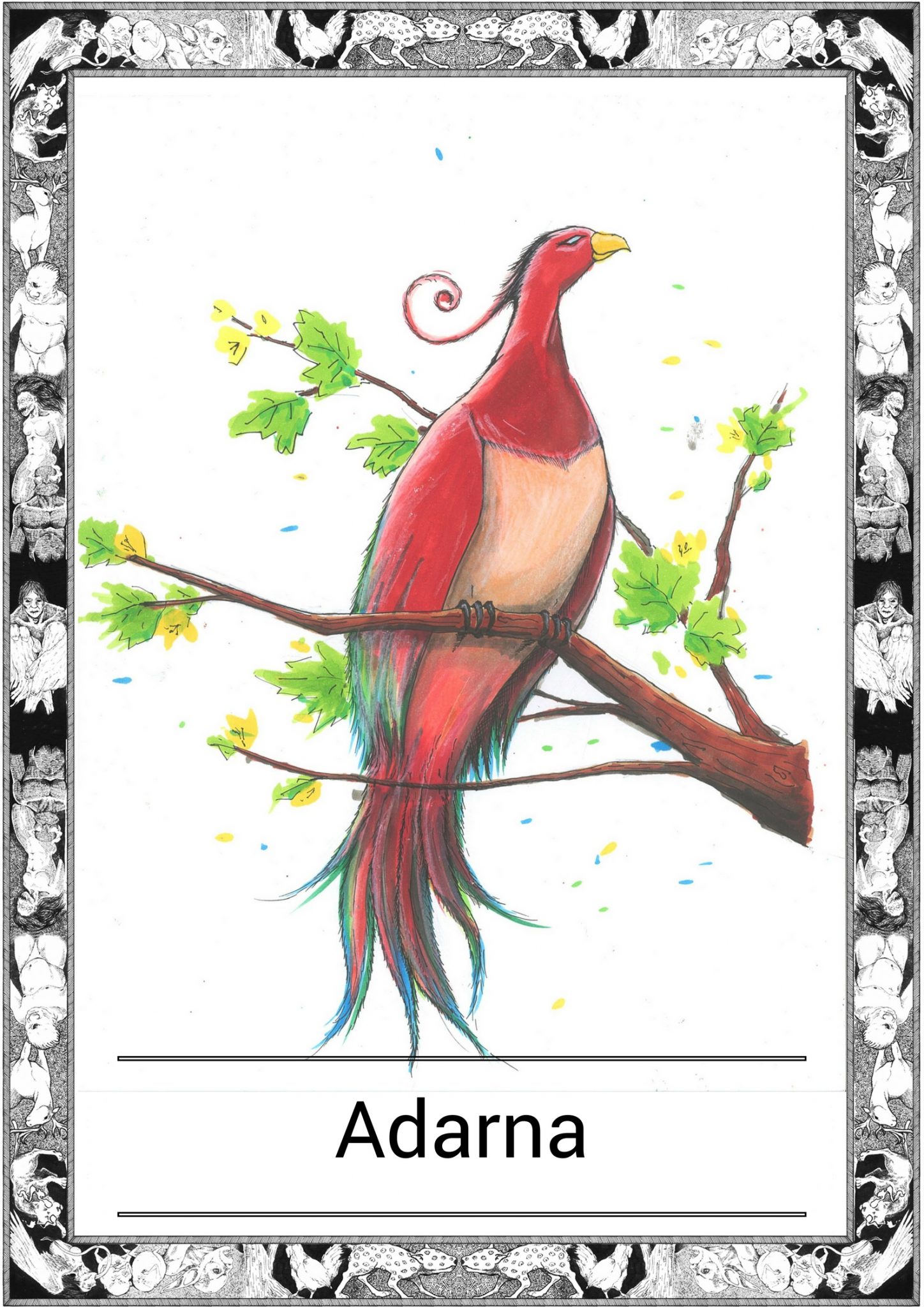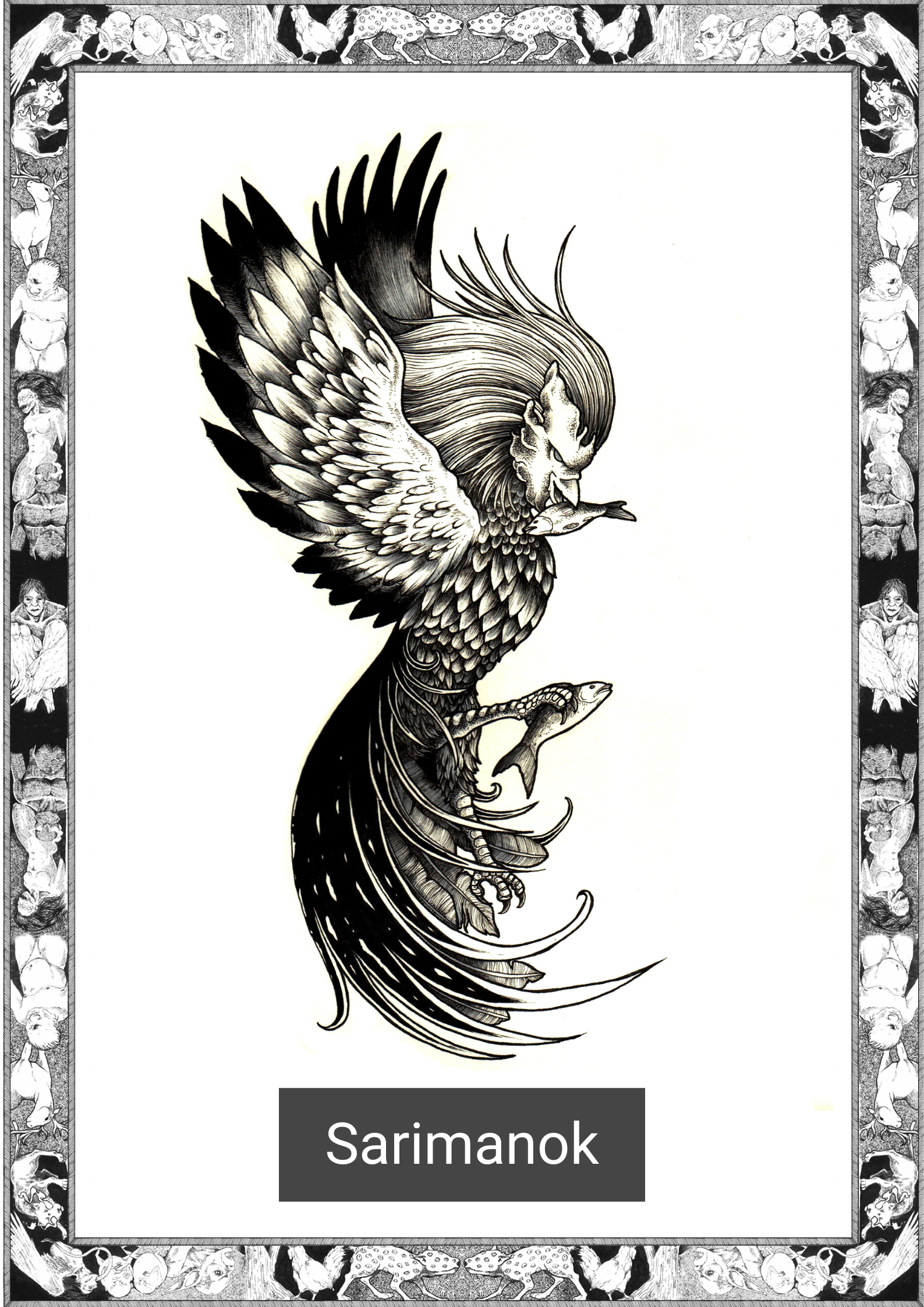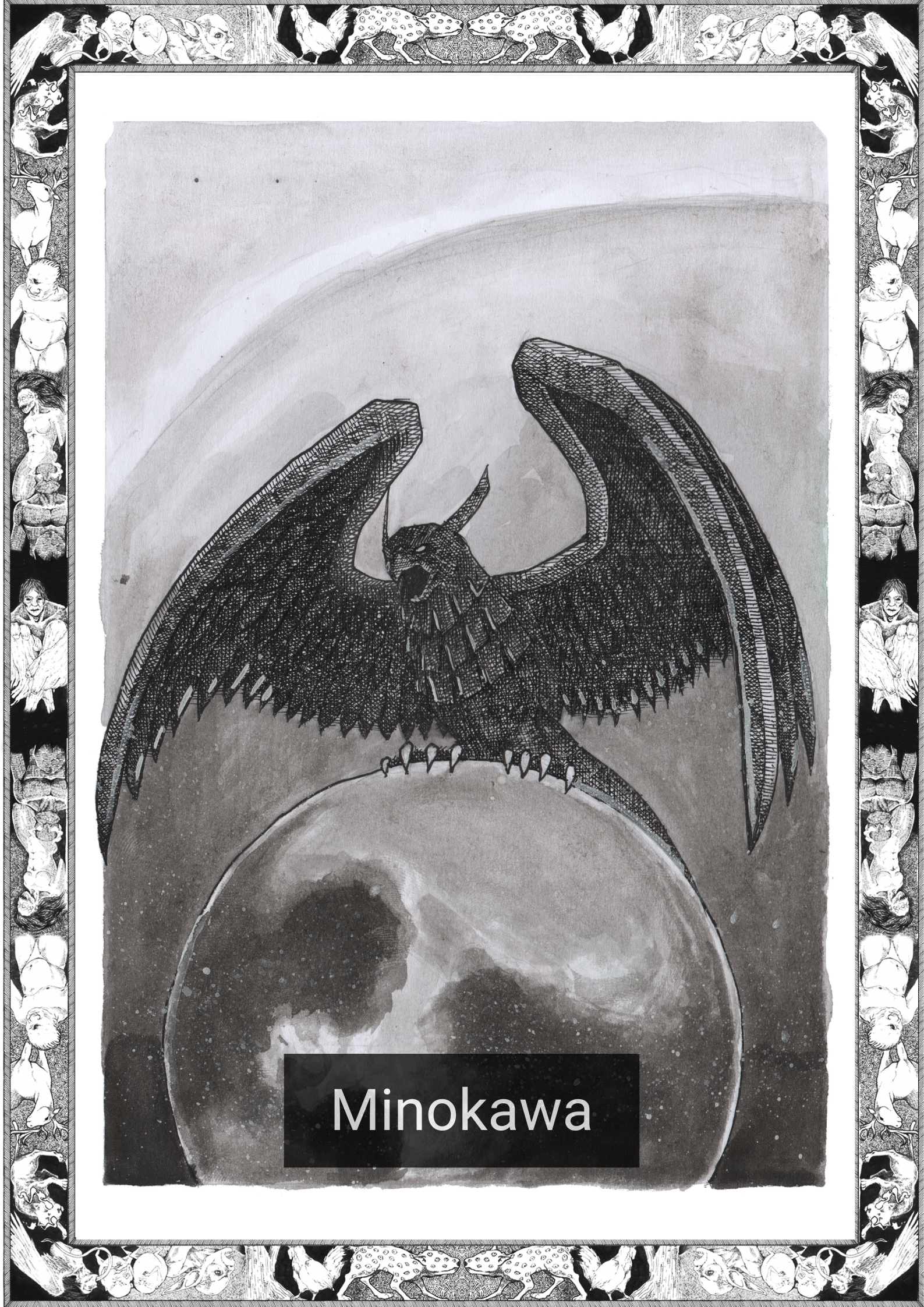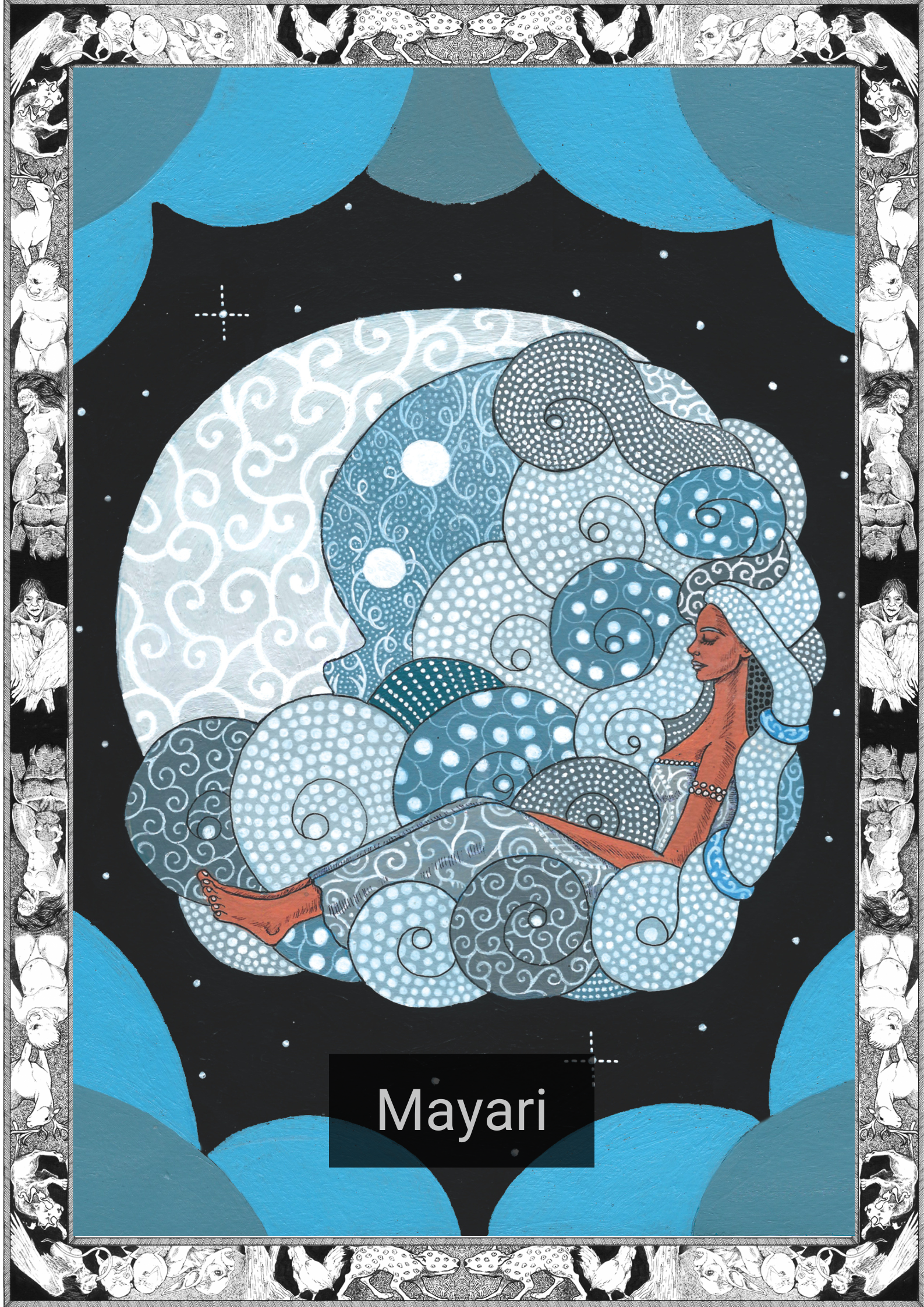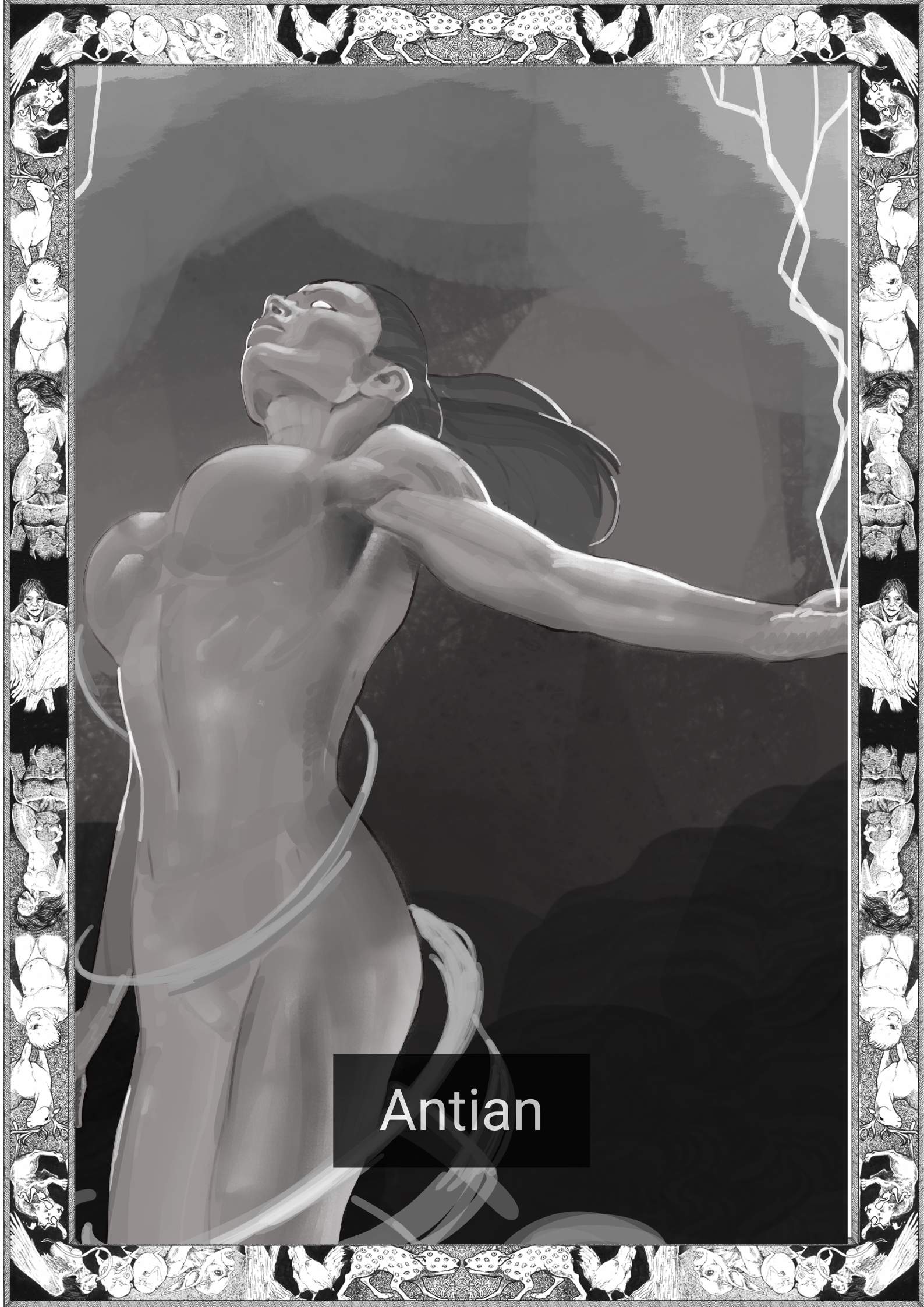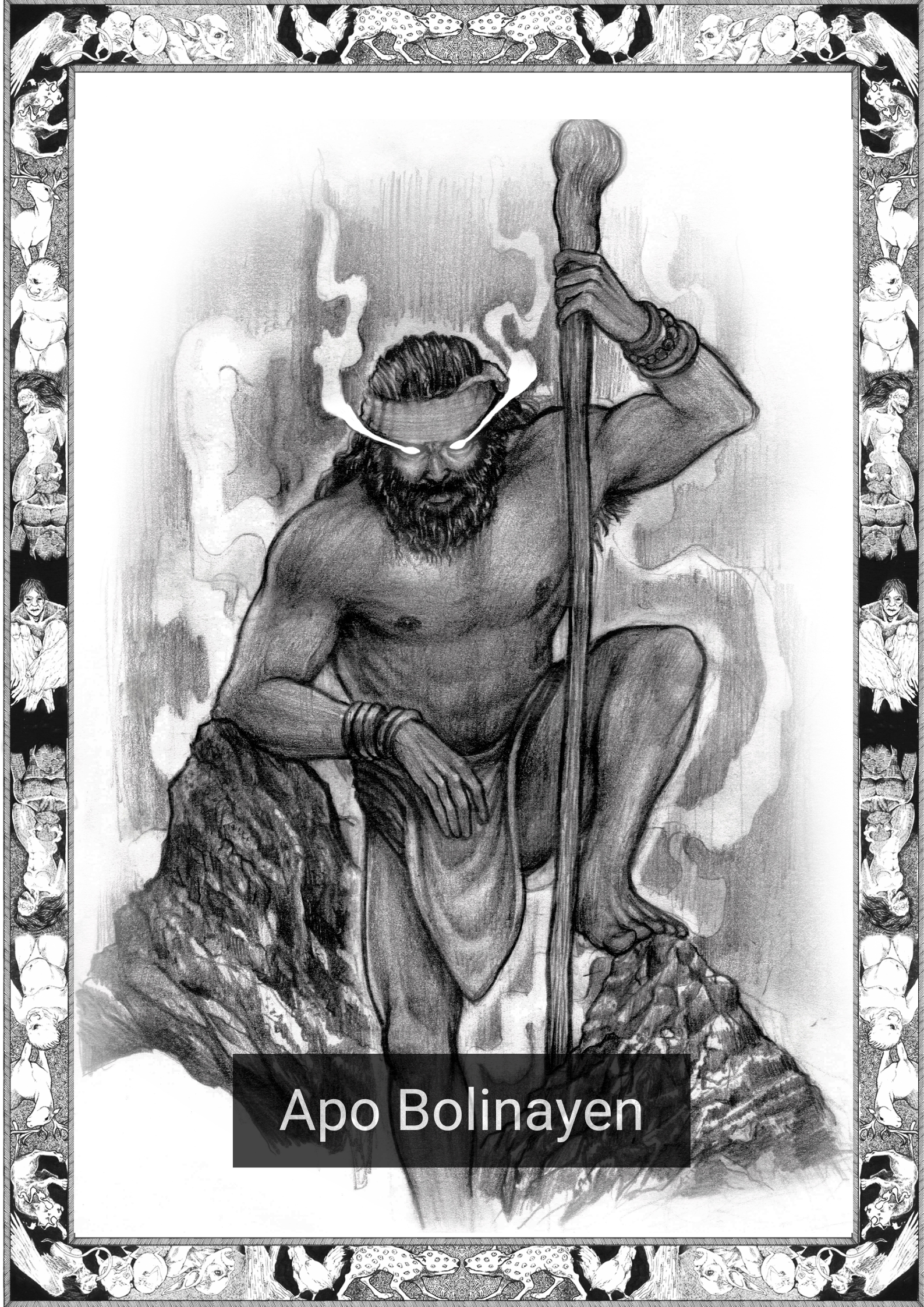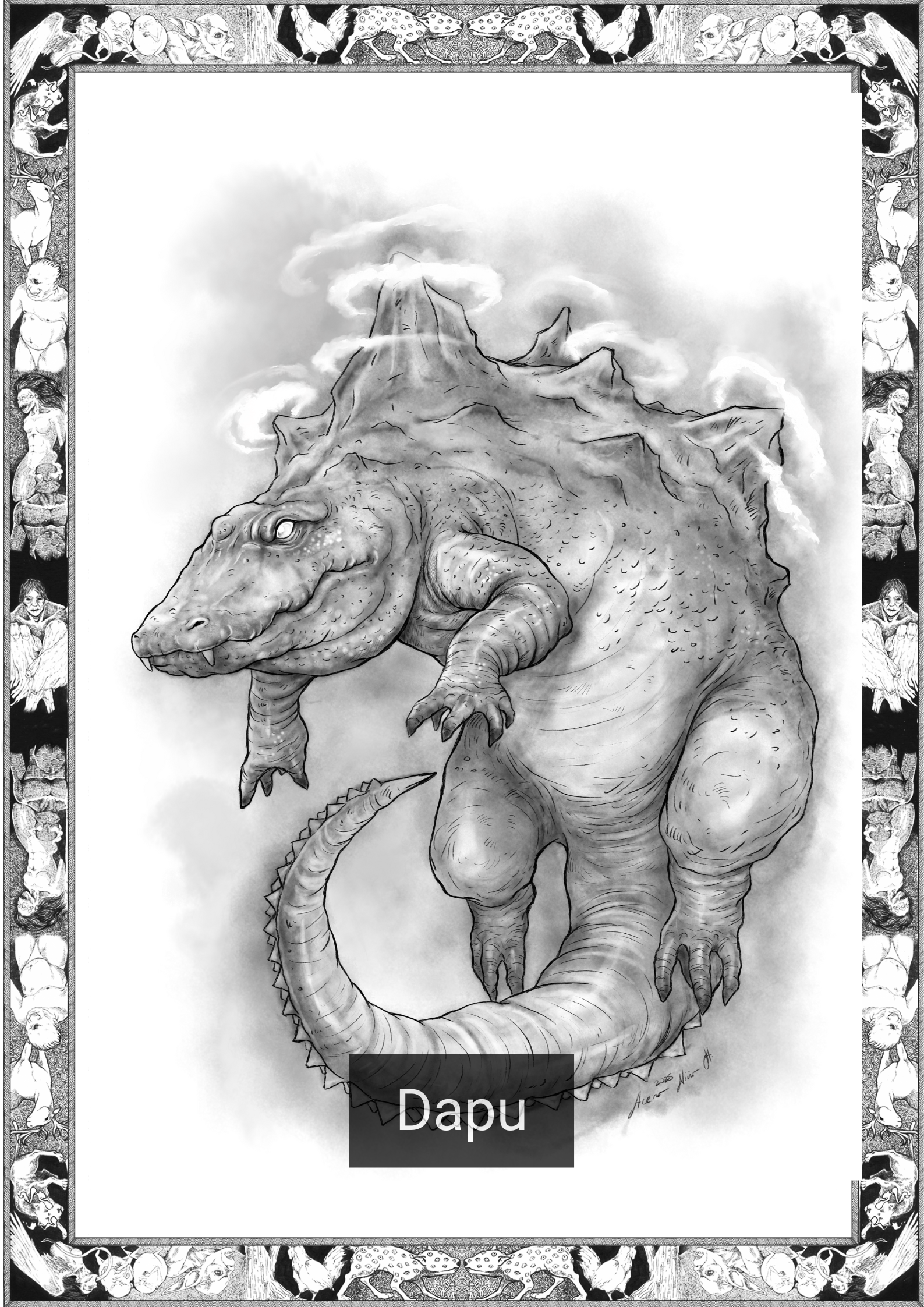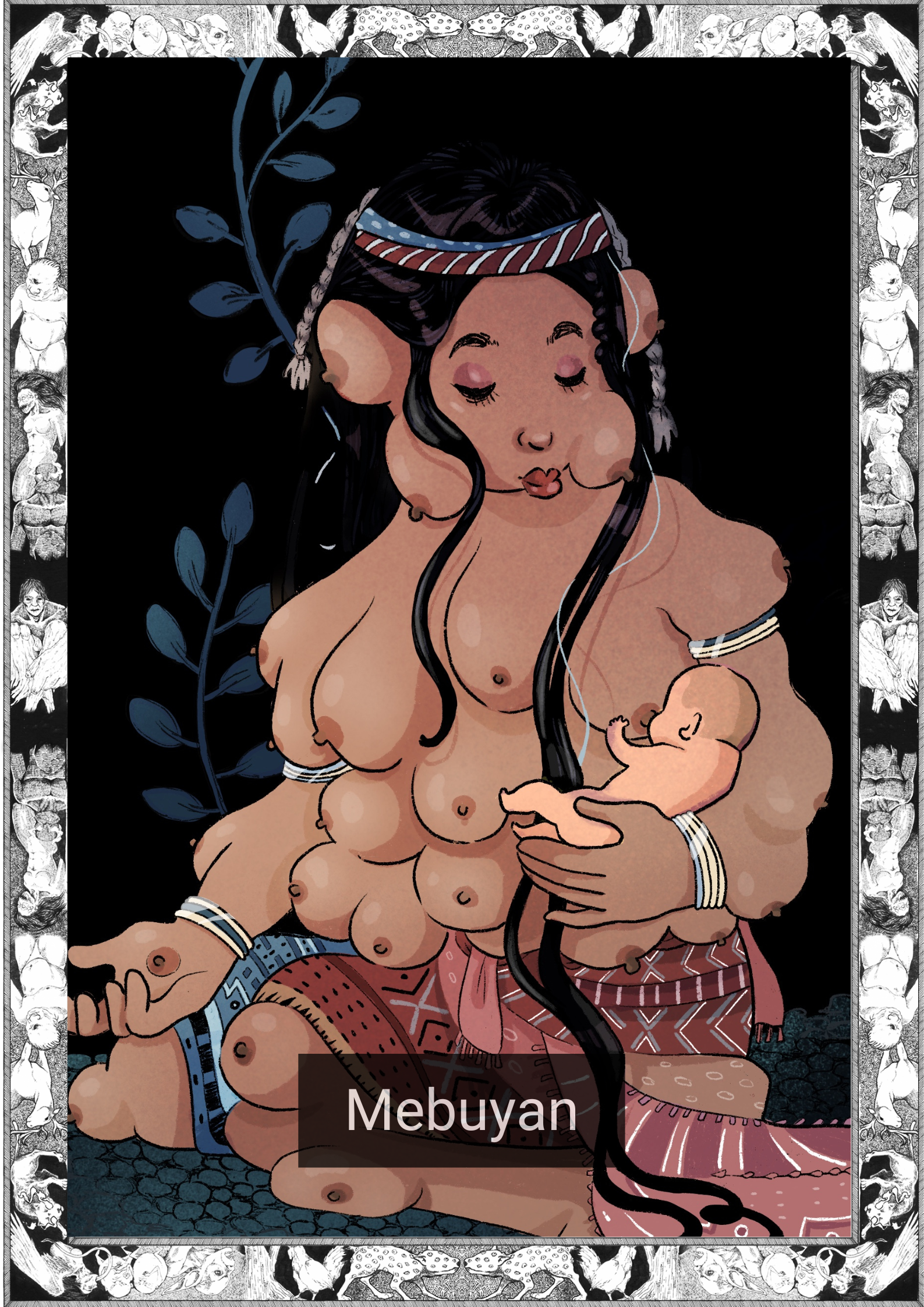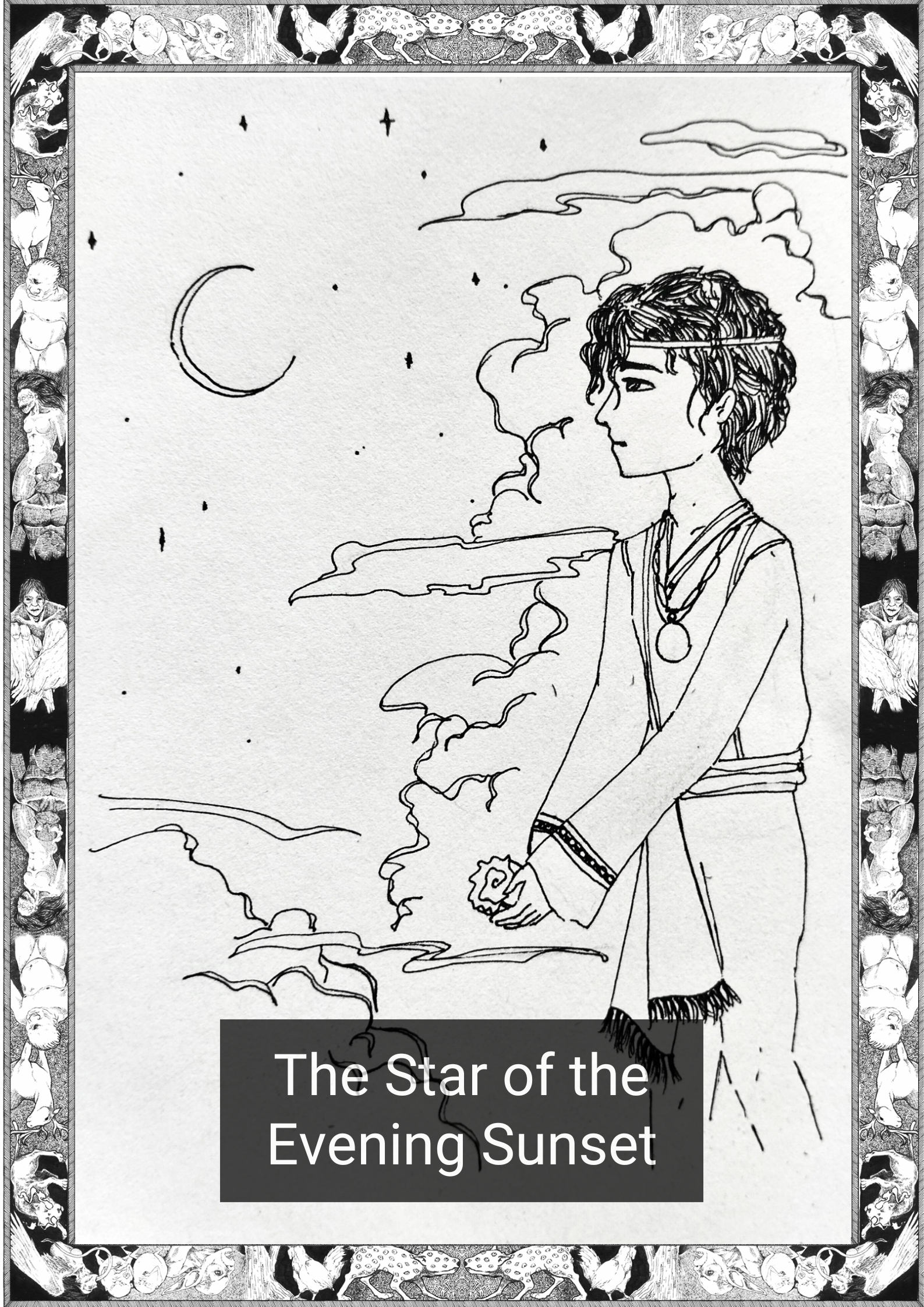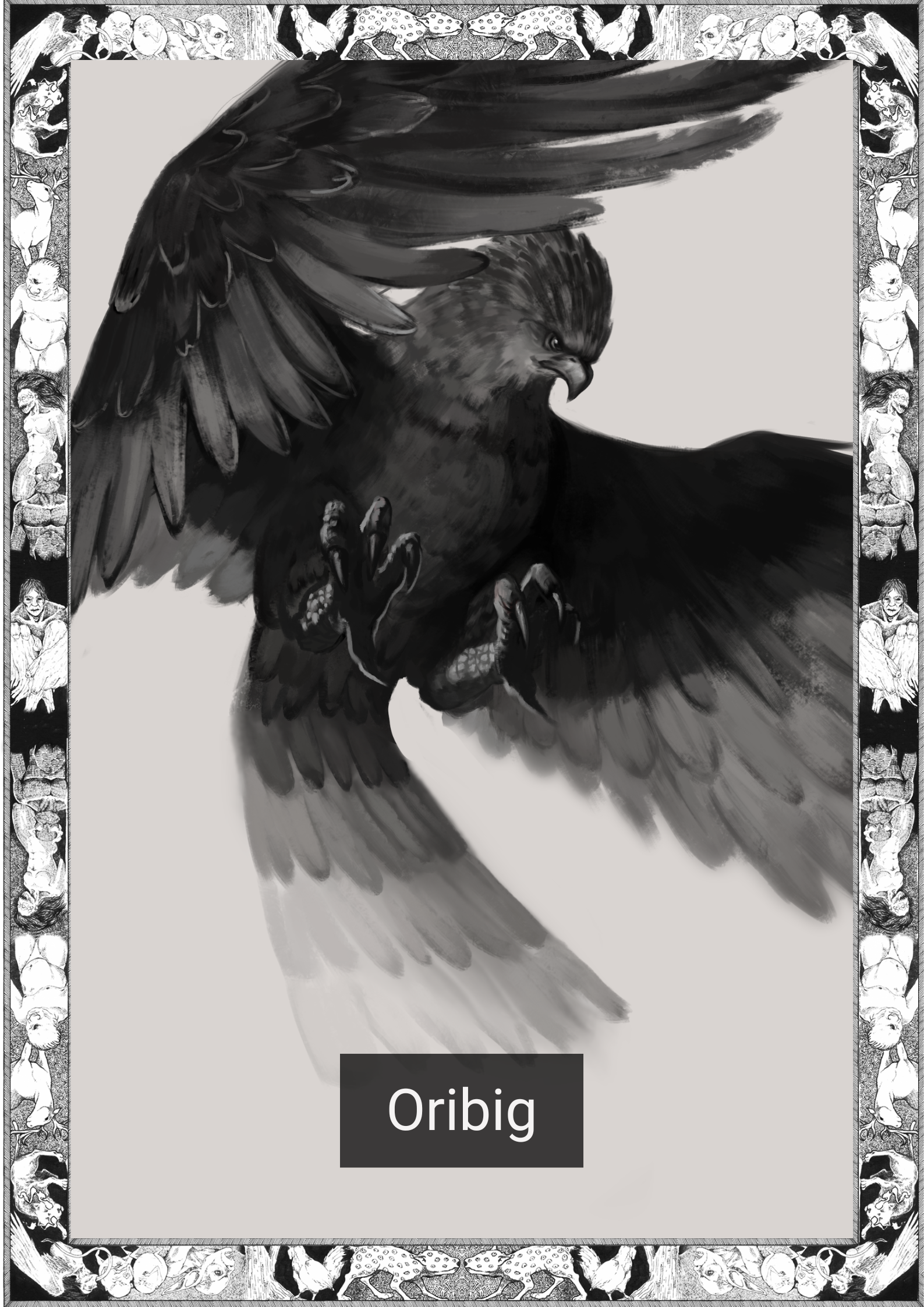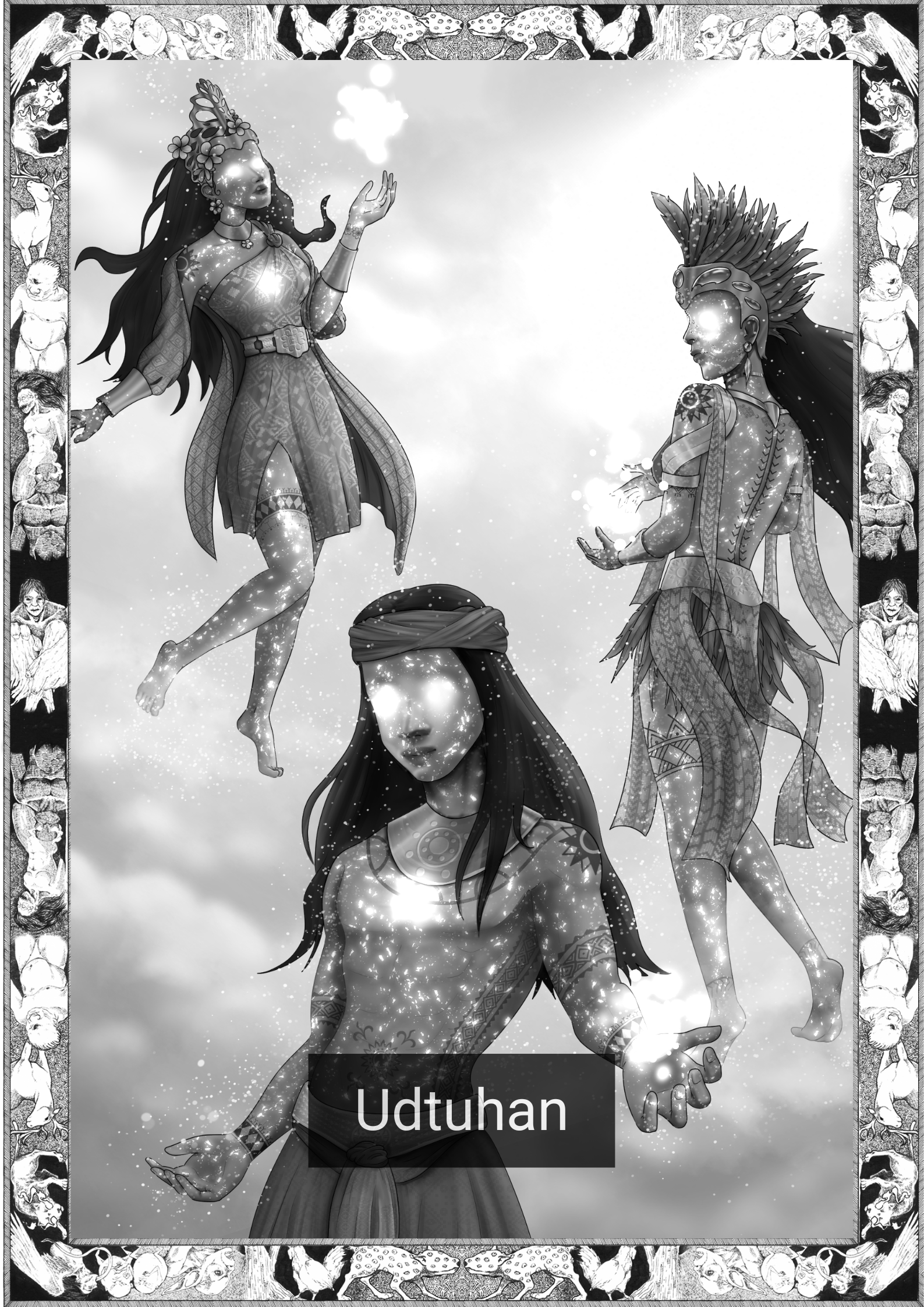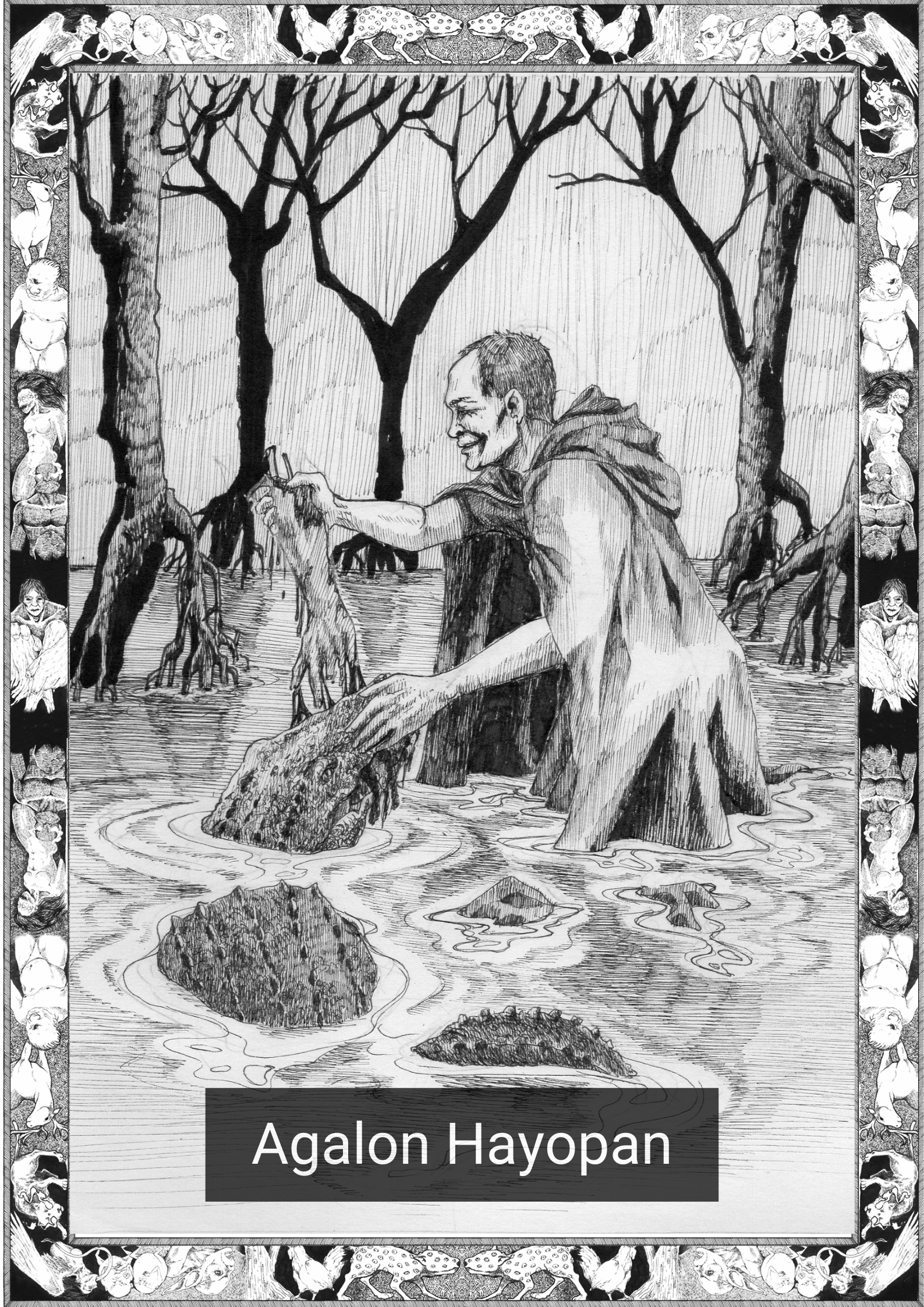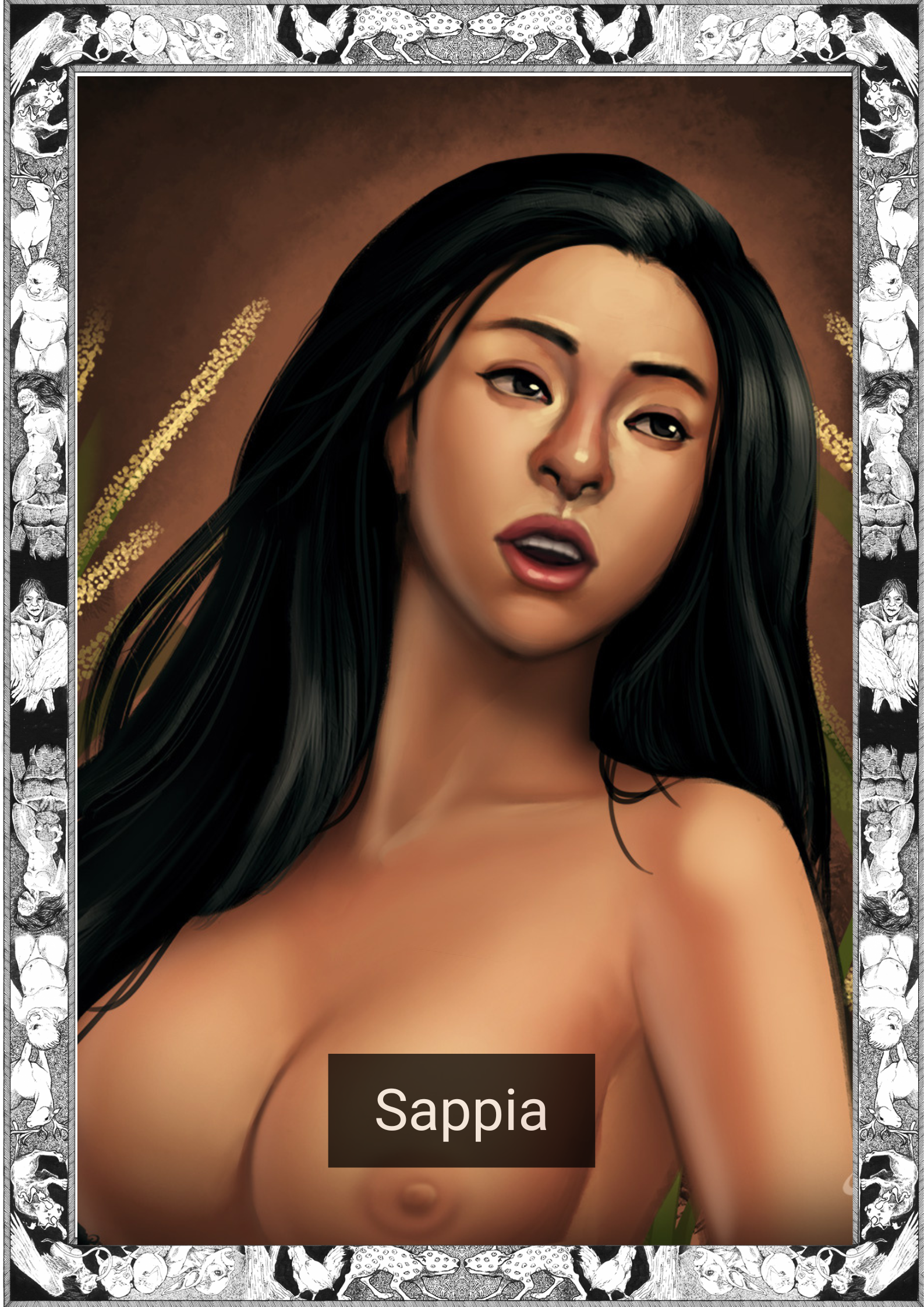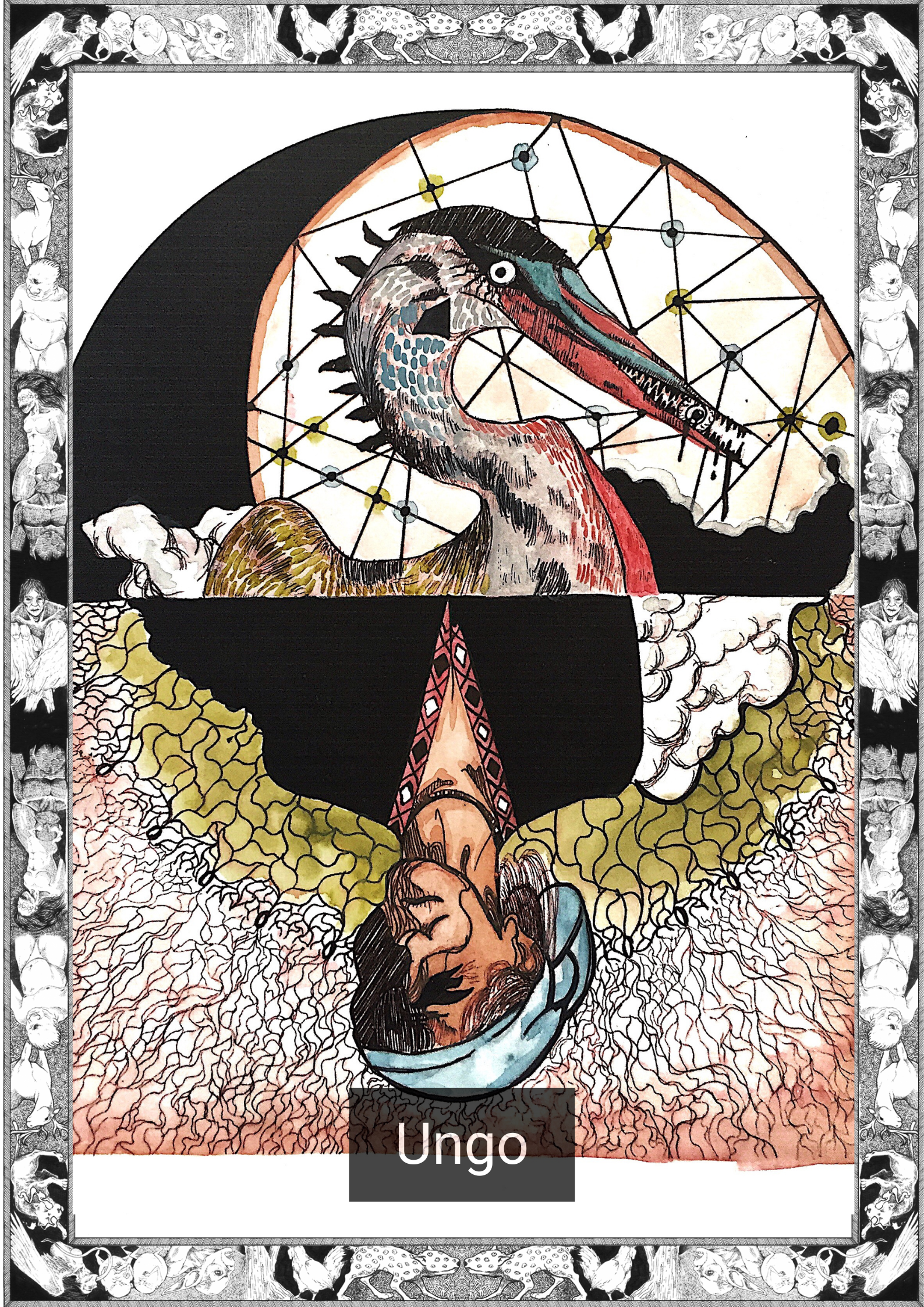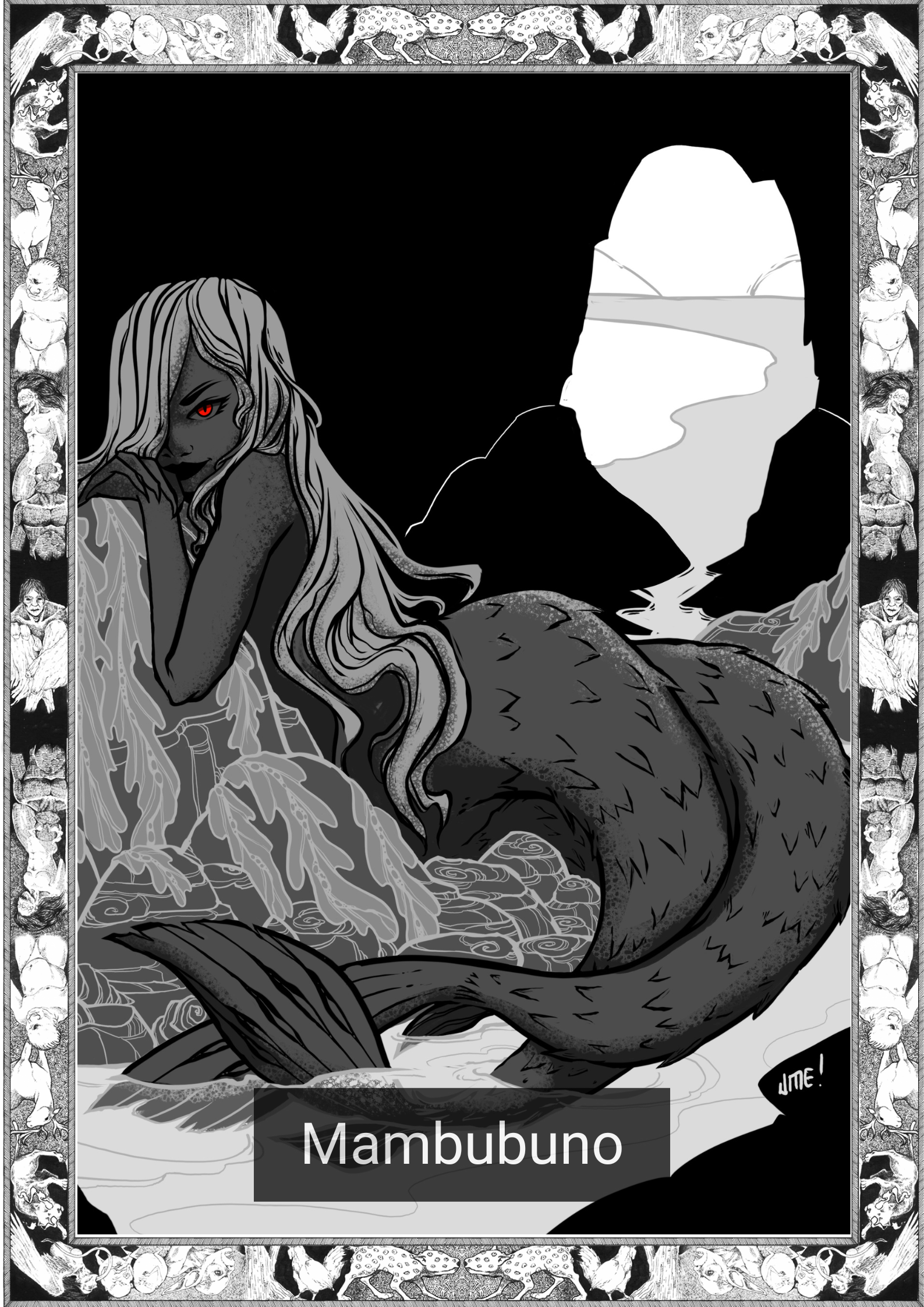
Ming ginlaw na ang adlawa sa iyang way pasaylo nga kasuwaw apan wa kini makapugong sa
duha ka maghigala sa pag pahulay sa ilang mga pako samtang nag patong sa puno-an ug
nag-abiabi sa usat usa.
Ang usa bag-o lang naka escapo gikan sa pagkabinhag sa layong nasud samtang ang usa
nangitag kapasayluan sa ilang hari. Grabeng kalisud ang mingbungad ka nila himatungod sa
panahon og higayon apan mapasalamaton sila kay nagka-abot sila aning punuan.
“Ibutyag ka nako imung sugilanon, higala” Mi ingon ang bantogan’g langgam.
“Nag sugod ang tanan katong naa ko sa Piedras Platas, susama sa akong kanonay buhaton.”
“Katong punuan nimo nga diyamente?”
“o, kato. Samtang ming talisawop ang adlaw, gisugdan nako ang una sa pito nako ka awit.
Pagkahuman nako sa ika-pito, wa ko kabantay nga aduna diay tawo sa ubos unya na itihan
nako siya.
“Nahimu dayon siyang bato.”
“Mao gyud. Kining mga tawhana wa ni sila kaibaw unsa ilang gi pangbuhat. Pagkasunod adlaw
naa nasay laing tao nga nakatulog ilawm sa akong punuan. Wa ko nasayud nga igsoon diay to
niya ang nakatug pagni-agi.”
“Unsa may nahitabo ato?”
“Ang laing igsoon sa katong nangahimong bato ming abot og gi dakop ko samtang natulog ko.
Nalikayan niya akong mga iti kay wa man siya nakatulog. Giluwas niya iyang mga igsuon sa
pagka bato apan wa sila malipay sa ilang kaluwasan. Ila nahinoong gikulata ilang igsuon nga
nag luwas nila unya gidala ko nila sa ilang hari.
“Wa gyud ni utlanan ang kapintas sa katawhan?”
“Wa na ko padungga sa akong mga awit ang hari aron ma-ulian siya hangtod nabalik ang tinuod
nga nakadakop nako, ming abot tuod siya. Mingkanta ko sa akong awit ngan sa pagkasayod sa
tanan sa gibuhat sa duha ka mag-igsoon. Gi takwil na unta sila kung wa sila pasaylua sa ilang
igsoon nga ilang gikulata.
“Murag inosente ra kaayu to siya.”
“Pagkahuman gi atiman ko og tarong apan akong tinguha mao ang makabalik og lupad.
Nahatagan ko ani nga higayon katong gibuhi-an ko sa usa sa mag-isoon. Murag iya tong gi
buhat aron mapasanginlan ang ilang buutan nga igsoon pero ako lang ning tagna.”
“Murag kuyaw to imung na agi-an, higala.”
“Makaingon ko nga akong ka-agi talagsaon gayud. Kanang igo na para sa usa ka kinabuhi.
Usahay mu-abot ragyud ang higayon apan wa gyud tay mabuhat kung mao man. Akong
pagkadakop nakahatag lag labing pagdayeg sa akong nabating kaluwasan nga karong nasinati.
“Mga pulong nga angay panaminan, mao kini akong gidahum gikan kanimo.”
Ang adlaw ming talisawop samtang ang duha ka langgam nagpadayun sa ilang pagkukalubildo.
Ang kahayag sa mga bituon ming hatag og pagsidlak sa ilang mga pako samtang nag storya
silang duha.
=—————————————–=
English Version
The sun shone with an unforgiving glare, but this did not stop the two friends from resting their wings upon a tree and greeting each other warmly.
One had just fled from captivity in a faraway kingdom while the other had sought forgiveness from their king. It had been an exceptionally challenging time in the lives of both these great birds, but they were thankful for each other’s company.
“Tell me your story, old friend,” the great bird, Sumayang Galura, requested.
“It started when I was spending the night on the Piedras Platas, as I always do.”
“Your tree of diamond?”
“The very same. As the sun was setting, I began to sing the first of my seven songs, when I had finished with the seventh, I did not realize that there was a human below me and my droppings had fallen on him.”
“He then turned to stone”
“That he did. Some humans just don’t realize what they get themselves into. The next day the same thing happened with another human that fell asleep at the foot of my tree, I didn’t know they were brothers then.”
“What happened then?”
“The human’s other brother came forth and captured me while I slept. He stayed awake during my songs and avoided my droppings until I fell asleep. He turned his brothers back from stone, but they did not appreciate their freedom. They beat the brother that freed them and took me to their king.”
“Will the cruelty of humans never cease?”
“I would not sing my song to heal the king until my true captor returned, and he did. I sang and my song revealed the duplicity of the two brothers, they would have been banished if not for the forgiveness of the brother that freed them.”
“He sounds like a naïve human.”
“After that, I was not treated badly, but I yearned to stretch my wings and fly through the sky once again. I had this opportunity when one of the brothers just released me. I think it was to frame the good brother as a fool, but that is just my guess.”
“It seems you have had a great ordeal, old friend.”
“I have had an adventure, as what fills most of our lifetimes. Sometimes they come to us and we do not have any choice in the matter. My captivity has only made me more grateful for the freedom I now possess.”
“Wise words, I would expect no less from you.”
The sun set as the two great birds continued their conversation. The star’s light gave their feathers a brilliant glow as they talked late into the night.
————————–
*The Cebuano language, alternatively called Cebuan and also often colloquially albeit informally referred to by most of its speakers simply as Bisaya (“Visayan”, not to be confused with other Visayan languages nor Brunei Bisaya language), is an Austronesian regional language spoken in the Philippines by about 21 million people, mostly in Central Visayas, western parts of Eastern Visayas and most parts of Mindanao, most of whom belong to various Visayan ethnolingusitic groups, mainly the Cebuanos. It is the by far the most widely spoken of the Visayan languages, which are in turn part of wider the Philippine languages. The reference to the language as Bisaya is not encouraged anymore by linguists due to the many languages within the Visayan language group that may be confused with the term.
Written by Karl Gaverza
Cebuano Translation by Julius Cesar Cudera
Copyright © Karl Gaverza
Translation Copyright © Julius Cesar Cudera
Inspired by Ibong Adarna
Adarna Illustration and Watercolor by Franz Lim
